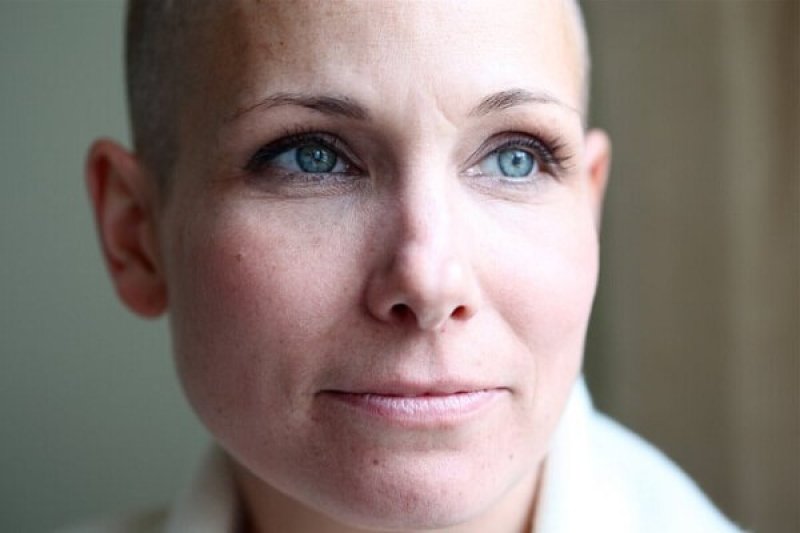Advances in genomics and molecular biology have revealed that cancer is surprisingly, shockingly diverse…Each one can be defined by a complex interplay of genetic mutations and other molecular abnormalities.
…
Today, in addition to fluorescence in situ hybridization (FISH) and other tests like gene expression profiling, a growing number of patients are having their tumors sequenced…This can pinpoint genetic mutations that give rise to the disease and helps guide treatment of an ever-growing number of cancers.
…
There’s no denying that patients may gain knowledge about their cancer that they wish they hadn’t. They might find out that their cancer is more aggressive than blood tests or imaging studies had led them and their doctors to believe…Still, as someone who has heard both good and bad news about my cancer genome, I would choose knowledge no matter what.
That’s why I urge all patients to have their cancer sequenced. If the technology isn’t available, have a sample of tumor tissue banked so it can be sequenced at a later date…Cancer patients can help build knowledge about this set of diseases by raising our hands for research.
The GLP aggregated and excerpted this blog/article to reflect the diversity of news, opinion, and analysis. Read full, original post: The power — and the fear — of knowing your cancer genome































